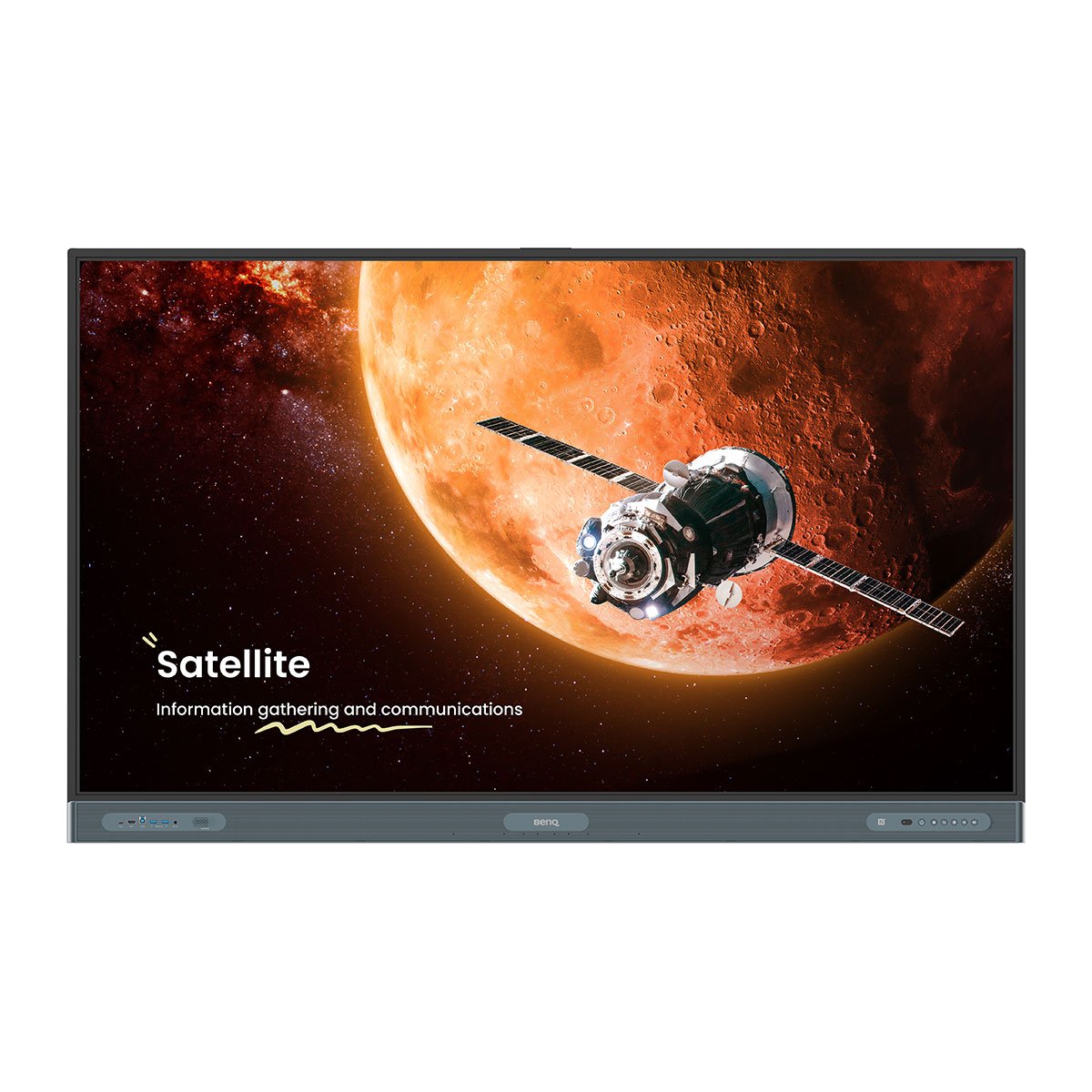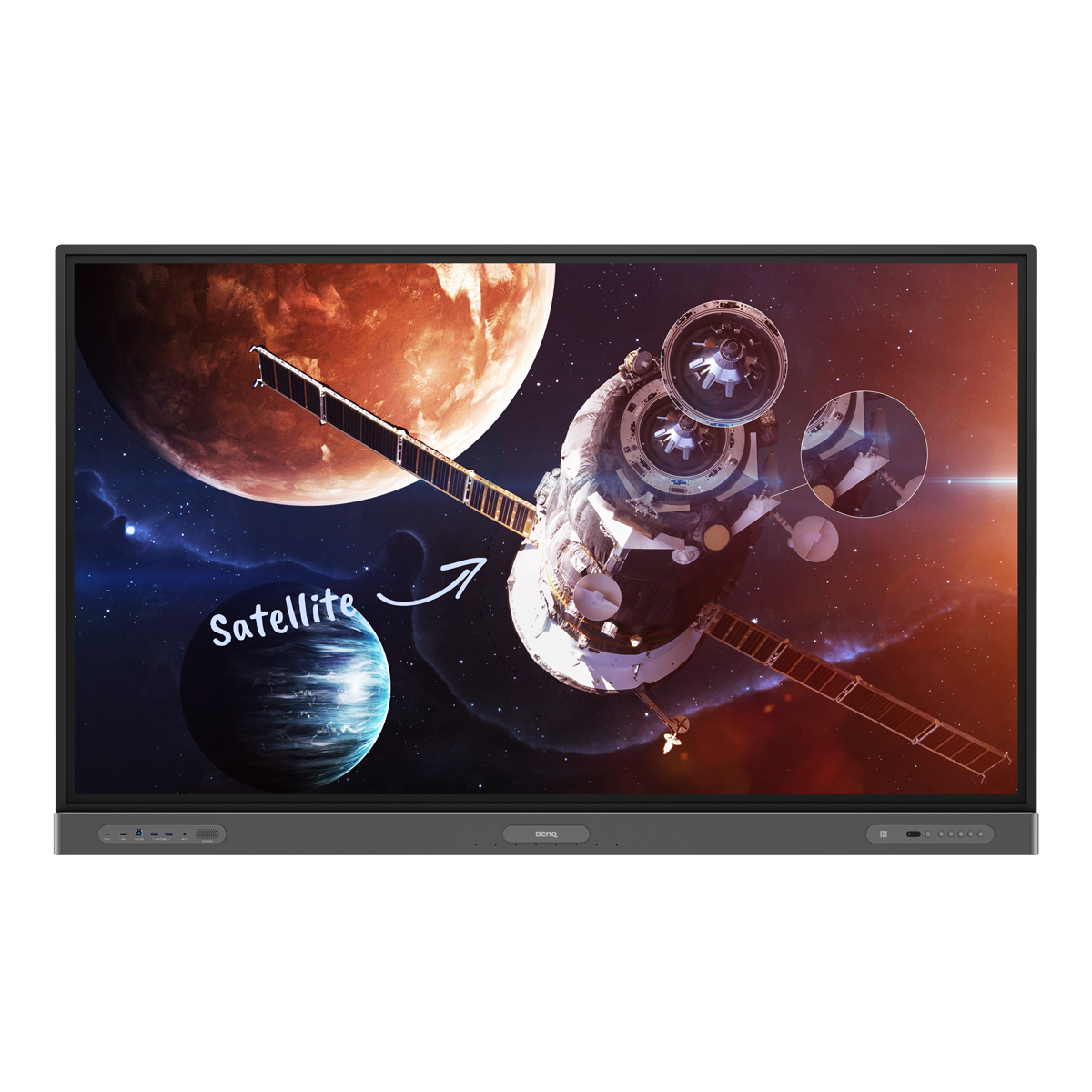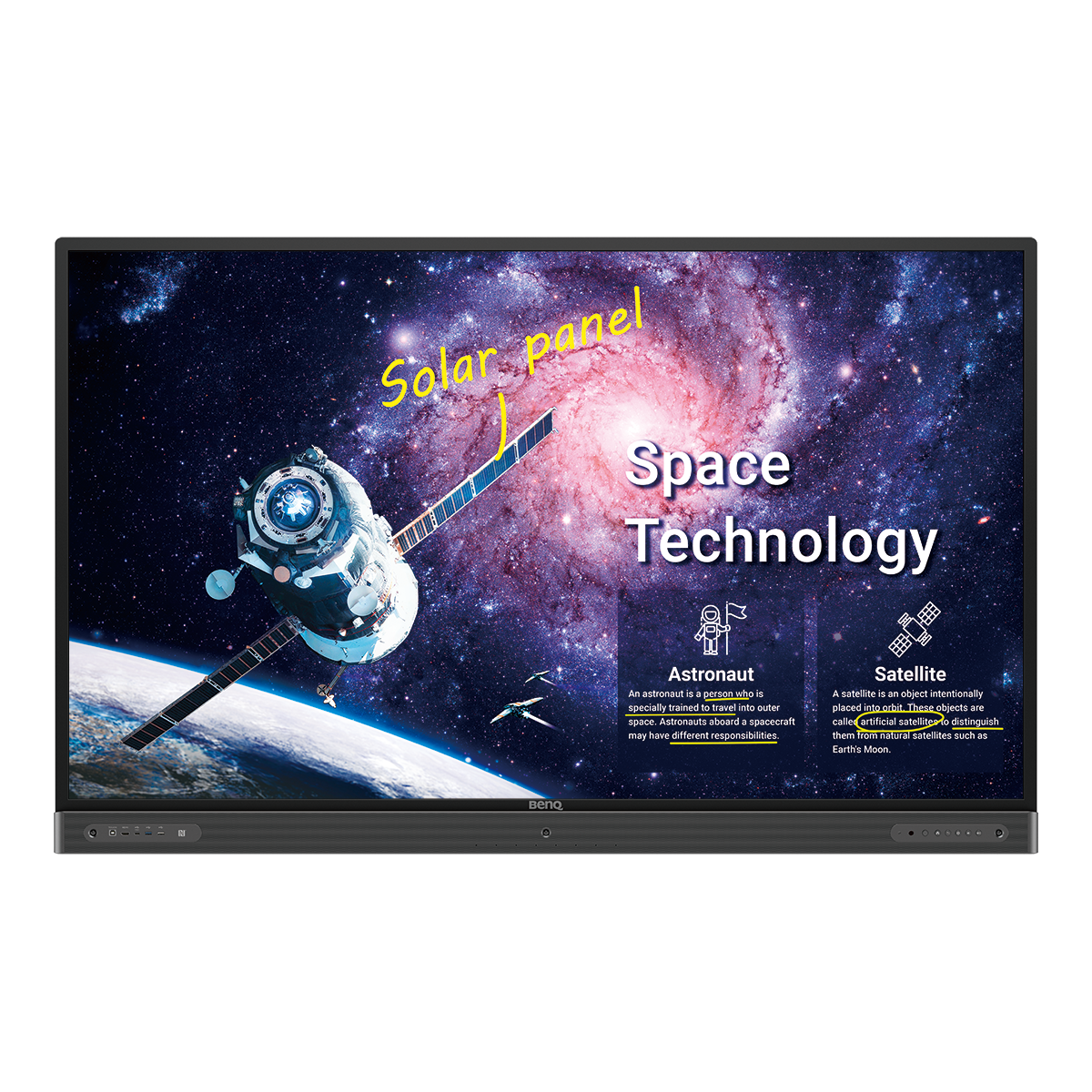About the School
Since the school’s establishment in 1979, the Assumption College Samutprakarn has remained steadfast to its mission: to educate the youth and train them to become exemplary individuals. To fulfill this, the school administration continuously strives to enhance three core areas: facilities, teaching staff, and pedagogy.
Over the years, they gradually upgraded their infrastructure; constructing new buildings with better classrooms, labs, and sports centers. They then hired teachers who are well-versed in different languages and technologies. Lastly, they redesigned their curriculum to accommodate more innovative ways of learning.
“We aim to meet their needs as 21st century learners,” explains Rungrut Kamolsiriprasert, the Academic Department Head, saying that all the improvements—from the teaching style to the edtech used in their classrooms—should help transform their students into more active learners.




The Challenge
“In the past, we adopted various technologies for teaching,” says Kamolsiriprasert. For years, their classroom setup involved whiteboards and projectors. Teachers would present visuals on the board and annotate on the side. Over time, they realized that this format had become ineffective and limiting because it didn’t allow them to use new interactive lesson materials for their classes.
And with the building’s lighting upgrades, visibility also became an issue. Chalermphon Vipatavana, head of the school’s IT department explains: “Our classrooms require bright lighting… [so] it was difficult for students at the back to see what’s being projected.” They needed a solution that would allow them to present visuals clearly under different indoor lighting conditions.
The school staff then tried out early models of smart boards, which were large touchscreen displays that required separate purchases of whiteboarding software. These investments eventually turned out to be more trouble than what they were worth as these interactive displays and their software were too complicated to use and manage.
“When we discovered the BenQ Board, we knew we had to have it for all 102 of our classrooms.”
BenQ Solutions
“When we discovered the BenQ Board, we knew we had to have it for all 102 of our classrooms,” says Kamolsiriprasert. Compared to all other options they tested, the BenQ Board Pro was able to meet all their requirements.
For starters, IT staff are easily able to remotely monitor and maintain all 102 displays across campus using the Device Management Solution (DMS). They can install all of the programs teachers need for their classes from a single console. “We now have fewer IT problems,” says Vipatavana.
In terms of visibility, the BenQ Board’s 4K UHD anti-glare screens, high contrast ratio, and wide viewing angles make content easy to see and read from anywhere in the classroom, even under bright lights.
And most importantly, their BenQ Boards provide easy ways to facilitate active learning. Teachers are able to utilize a variety of educational apps loaded directly from the board or wirelessly share rich multimedia content from their own devices. The boards also come with EZWrite, a full-feature whiteboarding software that’s free to use, and does not require additional purchases or annual subscriptions. All these features give the teachers at Assumption College the flexibility they need to roll out their classes the way they want to.




The Results
Manuel Luis Gomez, who teaches Computer Programming at the school, is now able to load and operate special software he needs for class directly on the screen—something that was previously not possible. “The experience in using the BenQ Board is really great,” he says, “It helps me a lot when preparing all of my materials.”
Physics teacher Chanonsit Piyasakpremsuk likes the engagement the BenQ Board creates during lessons. Normally, he would write down problems on the board, explain the general physics principles behind it, and then go around the classroom with an iPad to see if his students can solve it from their seats. And because the screen is wirelessly mirrored onto the tablet, other students are able to follow the process in real time. “It helps stimulate my students’ interest in learning,” he says.
“I like the BenQ Board since it has more than the usual features. It makes learning a lot easier.”
Neo Siwapraphawaraporn, a student of Assumption College, says that there is a noticeable difference in their classes. Unlike using projectors or their old smart boards, they now get to interact more often during lessons through features such as two-way screen sharing. Siwapraphawaraporn also notes that, personally, he enjoys the way his teachers are able to use more visual content for lessons. Summing up his experience so far, he says: “I like the BenQ Board since it has more than the usual features. It makes learning a lot easier.”



